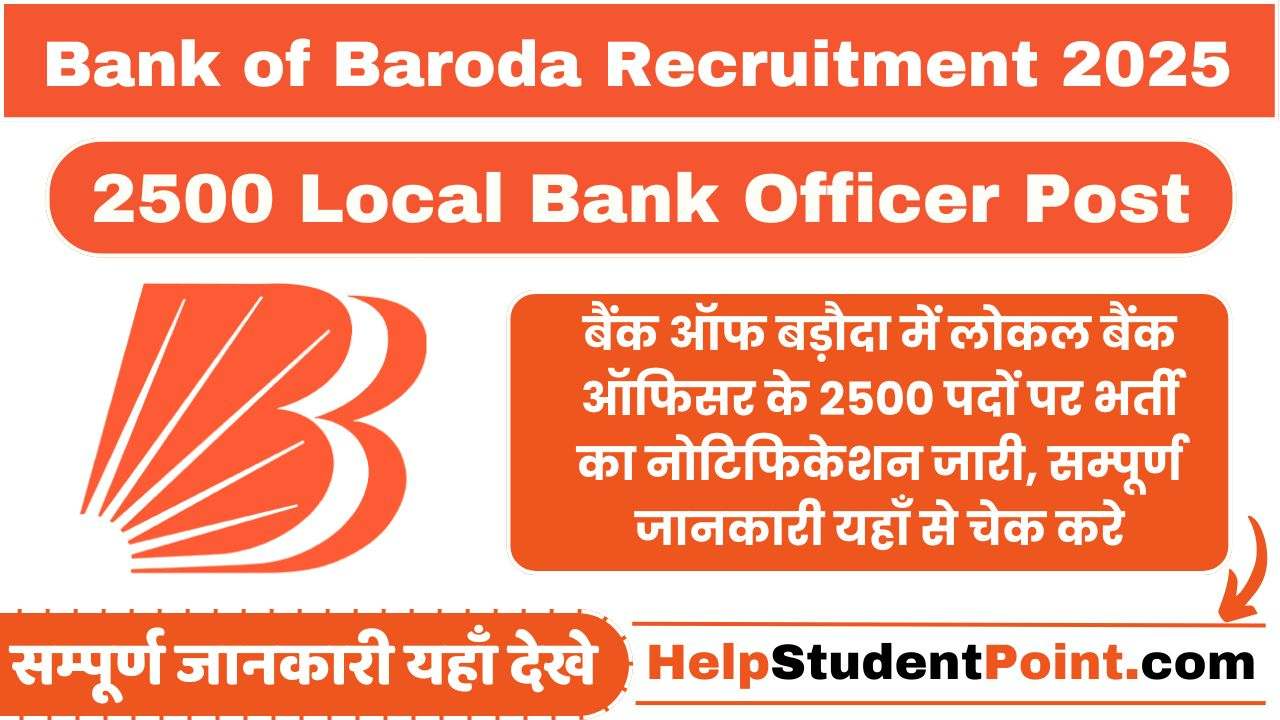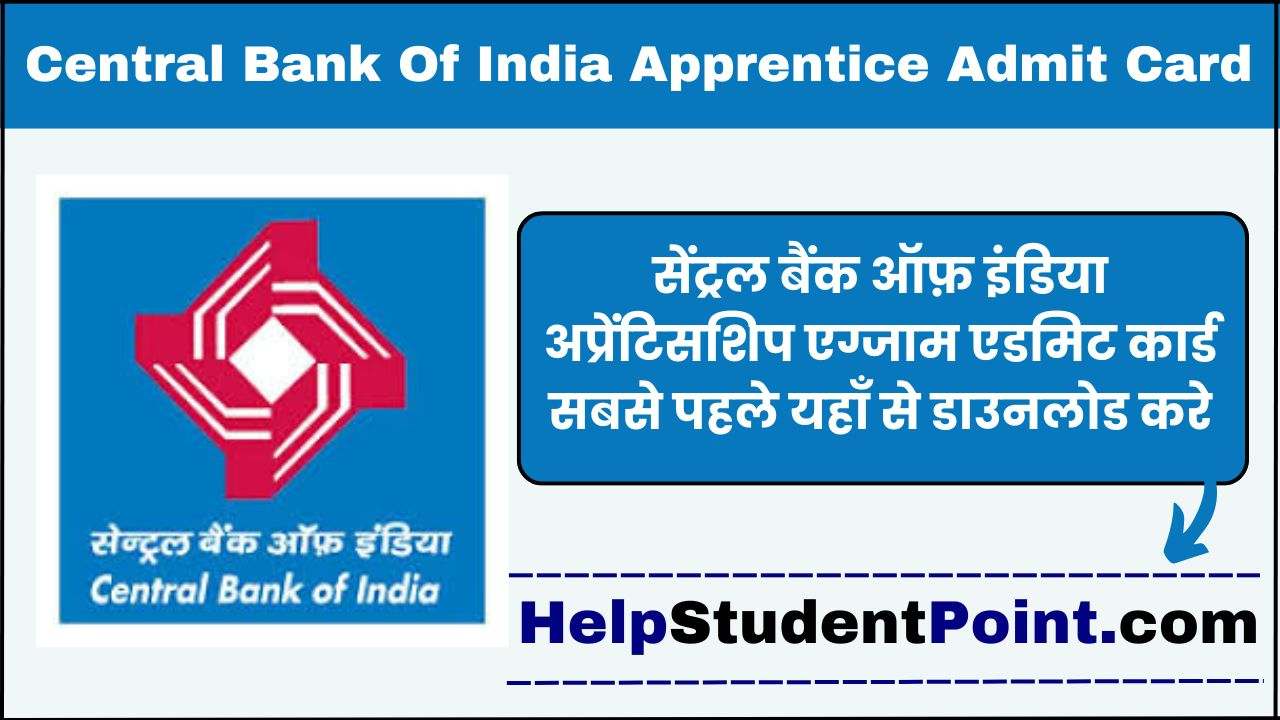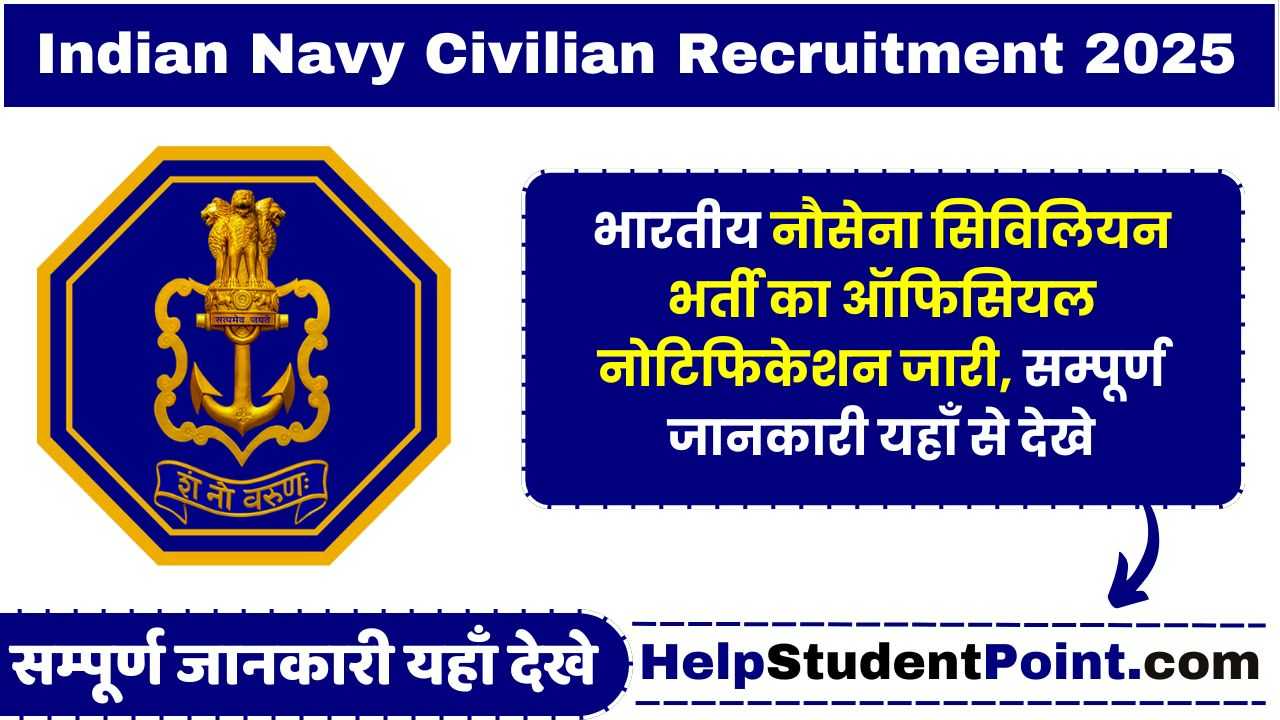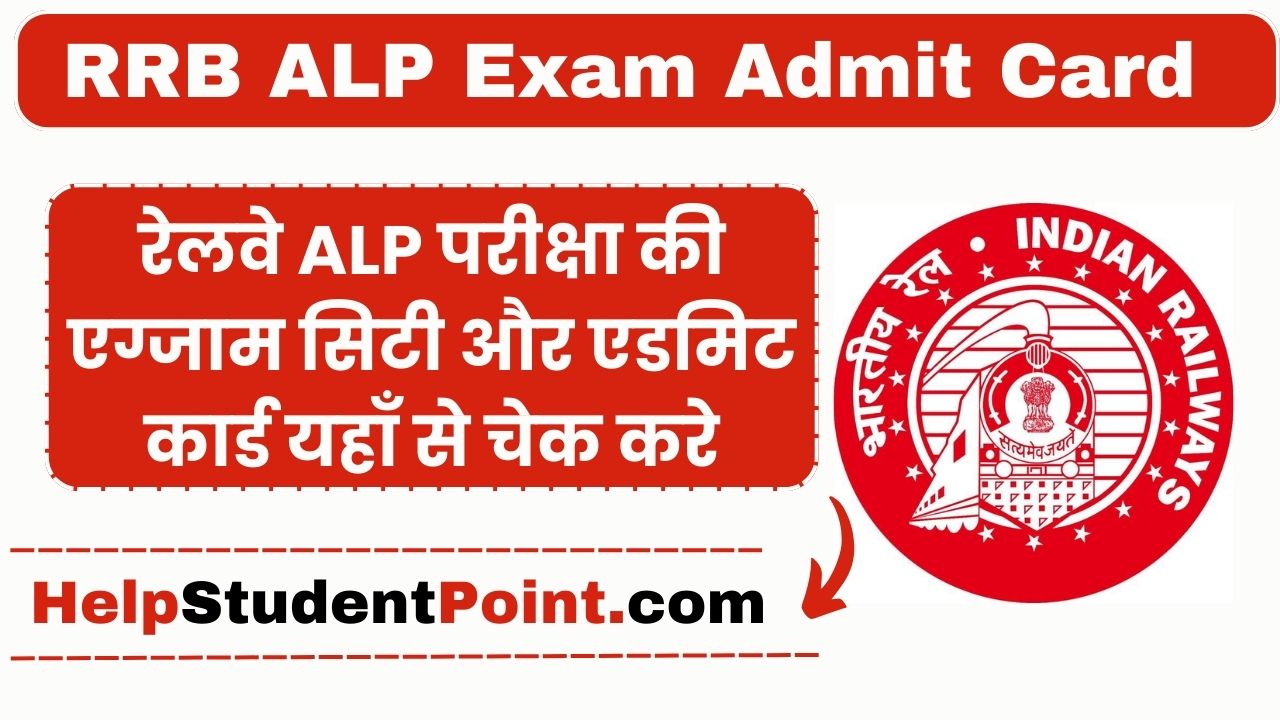ies mechanical engineering syllabus pdf, upsc ese syllabus, upsc ese mechanical syllabus, ies exam general studies and engineering aptitude engineering mathematics and numerical analysis, upsc engineering services syllabus pdf, ies exam pattern, ies exam mechanical engineering-paper-i fluid mechanics, ies syllabus for cse UPSC IES/ESE Mechanical Engineering Prelim Exam Pattern, UPSC IES/ESE Mechanical Engineering Mains Exam Pattern, UPSC IES/ESE Syllabus for General Studies and Engineering Aptitude, UPSC IES/ESE Syllabus for Mechanical Engineering Paper-I, UPSC IES/ESE Syllabus Mechanical Engineering Paper-II, UPSC IES/ESE Interview/Personally Test
UPSC IES/ESE Selection Process
The examination shall be conducted according to the following plan
- Stage‐I: Engineering Services (Preliminary/Stage‐I) Examination (Objective Type Papers) for the selection of candidates for the Stage‐II: Engineering Services (Main/Stage‐II) Examination;
- Stage‐II: Engineering Services (Main/Stage‐II) Examination (Conventional Type Papers)
- Stage‐III : Personality Test
UPSC IES/ESE Mechanical Engineering Prelim Exam Pattern
| UPSC IES/ESE Mechanical Engineering Prelim Exam Pattern | ||||||||
| Subject | Marks | Time(minutes) | ||||||
| Paper‐I (General Studies and Engineering Aptitude) | 200 | 120 | ||||||
| Paper‐II (Mechanical Engineering) | 300 | 180 | ||||||
| Total | 500 | 300 | ||||||
UPSC IES/ESE Mechanical Engineering Mains Exam Pattern
| UPSC IES/ESE Mechanical Engineering Mains Exam Pattern | ||||||||
| Subject | Marks | Time(minutes) | ||||||
| Paper‐I ( Mechanical Engineering) | 300 | 180 | ||||||
| Paper‐II (Mechanical Engineering) | 300 | 180 | ||||||
| Total | 600 | 360 | ||||||
| UPSC IES/ESE Syllabus for General Studies and Engineering Aptitude | ||||||||
Note: The paper in General Studies and Engineering Aptitude will include Knowledge of relevant topics as may be expected from an engineering graduate, without special study. Questions from all the 10 topics mentioned above shall be set. Marks for each Topic may range from 5% to 15% of the total marks in the paper. |
||||||||
| UPSC IES/ESE Syllabus for Mechanical Engineering Paper-I | ||||||||
|
||||||||
| UPSC IES/ESE Syllabus Mechanical Engineering Paper-II | ||||||||
|
||||||||
Important Links |
||||||||
| UPSC IES/ESE Mechanical Engineering Syllabus 2023 Download PDF | ||||||||
| UPSC IES/ESE Mechanical Engineering Bharti 2023 | ||||||||
| Join WhatsApp Group Now | ||||||||
| Join Telegram Channel Now | ||||||||
| UPSC IES/ESE Mechanical Engineering Salary Chart | ||||||||
| UPSC IES/ESE Mechanical Engineering Previous Papers | ||||||||
| UPSC IES/ESE Mechanical Engineering Best Books list | ||||||||
| Official Website |
| UPSC IES/ESE Interview/Personally Test | ||||||||
|
||||||||
Frequently Asked Questions (FAQs) for UPSC IES/ESE Mechanical Engineering Syllabus
Question- How many stages are there is UPSC IES/ESE exam ?
Answer- Total Three stages. to clear this prestigious exam- Stage I- Preliminary Exam, Stage II- Mains Exam, Stage III- Personality Test
Question- I am in the final year of graduation of engineering. Am I eligible for UPSC IES/ESE exam?
Answer- Yes, Final Year Students are eligible for UPSC IES/ESE exam.
Question-In which branch can I appear for UPSC IES/ESE exam ?
Answer- Engineering Services Examination (ESE) is conducted by UPSC for four categories of engineering :
(1) Civil Engineering
(2) Mechanical Engineering
(3) Electrical Engineering
(4) Electronics & telecommunication Engineering





